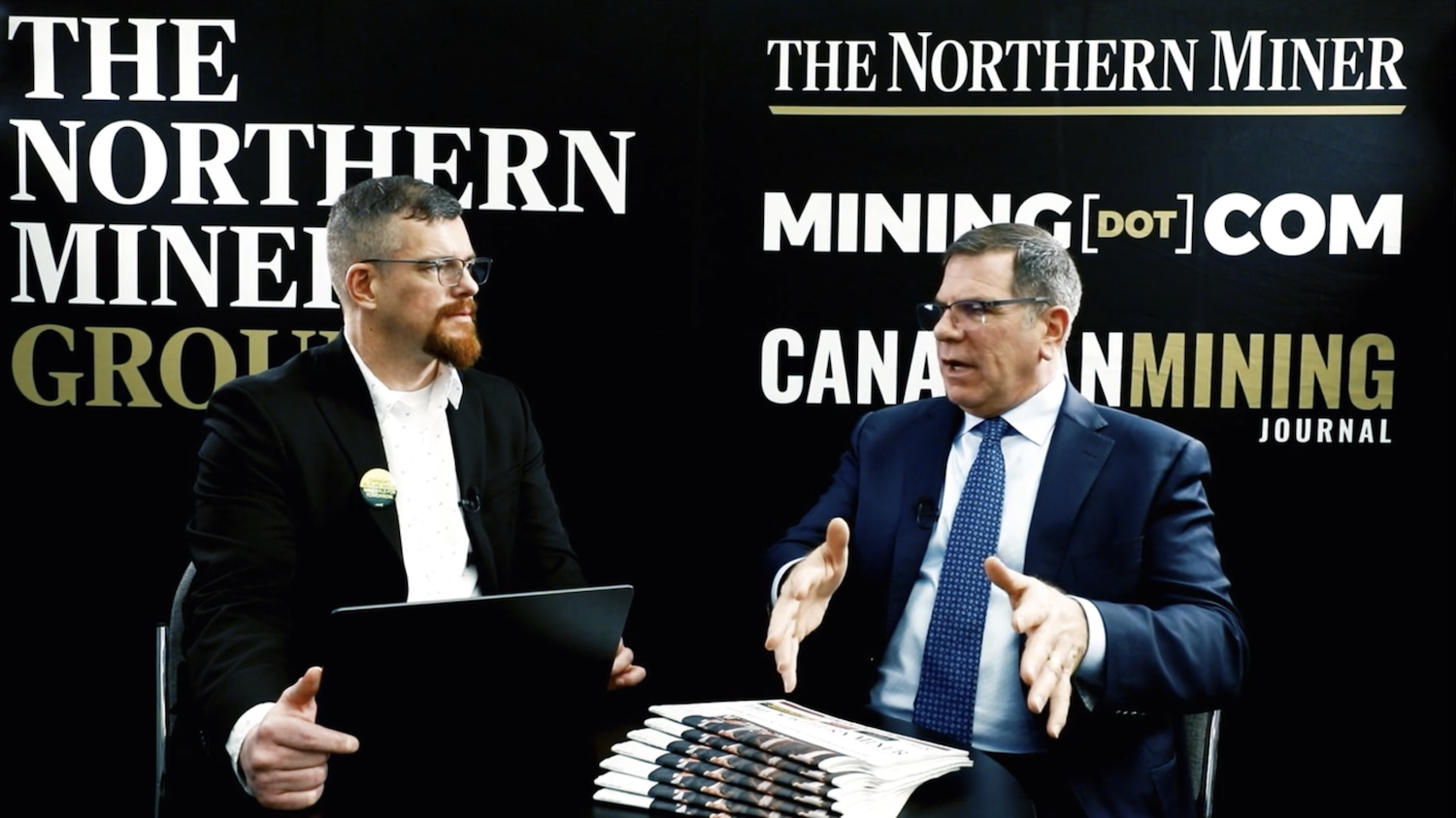Xstrata suspends A$586m spending
“Xstrata, the Anglo-Swiss miner, said it had “suspended” A$586m (US$498m) in spending on coal and copper projects after reviewing operations in Australia in the weeks since Canberra announced plans for a new 40 per cent resources super profits tax.
It comes as the world’s biggest mining houses battle the Australian government over a tax that is scheduled to come into force in just over two years, provided it clears the legislative process. Miners have waged a high-profile campaign to warn that the tax will damage Australia’s international competitiveness and jeopardise mining projects and jobs.”
Source: Financial Times, June 4 2010
Observations
Until now only a limited number of companies have announced suspension of development. $0.5 bln by Xstrata, $15 bln by Fortescue (on very early stage projects) and a withdrawn takeover bid of Macarthur by Peabody.
The tax proposal is unlikely to be passed before the Australian elections, making the actual implementation very uncertain.
Implications
Mining companies and investors fear that other countries may follow Australia’s example and take a larger part of miner’s profits.
The government has various options to get a deal on reforming mining taxes:
Increase the “tax-free” rate of return of 6% to a threshold percentage more common in mining investments (12-15%)
Only apply tax to new projects that didn’t start development. In this way current developments are not threatened. However, this will not solve the miner’s problem in the long run.
Combine tax proposal with cut in state royalties (paid per ton of product instead of over profit). Only paying when making a profit reduces risk for the miners significantly. However, ideologically this is not in line with giving the locals a part of the value of the extracted resources.
Further reading:
Overview of implications of super profits tax
©2010 – thebusinessofmining.com
More News
{{ commodity.name }}
{{ post.title }}
{{ post.date }}




Comments